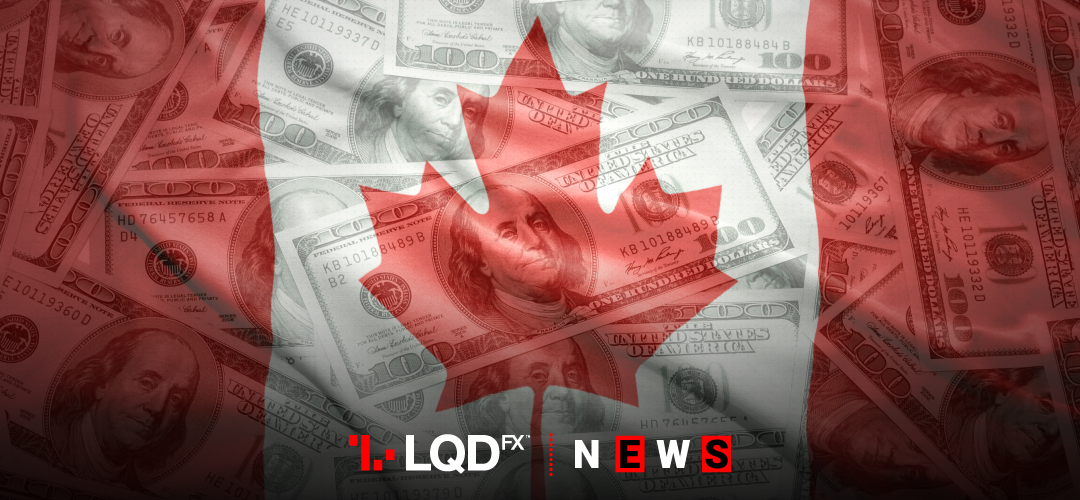Canadian Prime Minister Justin Trudeau won second term after Canada’s general election, that saw his government reduced to a minority.
However, the party didn’t secure a majority, which will present challenges as it comes back to power. Βut aides predicted he would be able to govern for two years without many problems. Trudeau, one of the world’s most prominent progressive politicians, struggled to overcome the effects of two domestic scandals. His Liberals only won 156 seats, a decrease of 21, preliminary results showed.
The Canadian dollar steadied, although investors worried about the fiscal implications of the Singh’s influence on policy. The loonie, which is the best performing G10 currency this year, held near a three-month high of 1.3071. The Canadian dollar has been the best performing major currency this year, rising by about 3.7% in the 10 months.
The Brexit saga
As the clock ticks down to the latest Oct. 31 deadline for the UK’s departure, Brexit is now balanced on a knife edge. Α divided parliament debates when, how and even whether it should happen. Prime Minister Boris Johnson faces two pivotal Brexit votes in the British parliament on Tuesday. Lawmakers vote around 1800 GMT on the 115-page Withdrawal Agreement Bill. Then the parliament is to vote on the government’s extremely tight timetable for the approval of the legislation. Defeat in either vote would scupper Johnson’s plans to leave the EU – “do of die” – on Oct. 31.
Johnson was forced by opponents to ask the EU for a delay that he had promised he would never ask for. The European Parliament can only clear the new exit agreement reached with London once the British parliament has ratified it, European Commission President said.
The trade war saga
China and the United States have achieved some progress in their trade talks, Vice Foreign Minister Le Yucheng said on Tuesday. He added that as long as both sides respected each other, no problem could not be resolved.
START TRADINGForex – Second term for Trudeau as Canadian Prime Minister
The euro-dollar has been driven mostly by Brexit developments of late, as well as by trade disputes between the United States and China. The traditional safe-haven currencies have given back gains this month as global investor risk sentiment improved.
Against a basket of six major currencies, the dollar was neutral at 97.32.
The New Zealand dollar was the biggest gainer in Asian hours, rising 0.3% to a five-week high of $0.6424 as short sellers pared positions.
The Australian dollar also hit a five-week peak of $0.6883 though moves were slight and it kept below resistance around $0.6895.
The Japanese yen was also flat at 108.575, not far from the 1-1/2 month low it reached last week.
The pound moved down on Tuesday as investors awaited votes in the British parliament. Sterling slipped 0.1% to $1.2947 in early London trading. It was flat against the euro and was last trading against the single currency at 0.86050.
The euro was flat at $1.1146 EUR=EBS after rising to a two-month high against the dollar on Monday.
Oil prices rose on Tuesday after China signaled progress in trade talks with the United States. But gains were capped by bearish forecasts of a buildup in U.S. crude stockpiles. Brent crude oil was up 30 cents at $59.26 a barrel by 1215 GMT. U.S. WTI crude was 26 cents higher at $53.57 per barrel.
PLEASE NOTE The information above is not investment advice.
Sources: Reuters, Investing, CNN money
